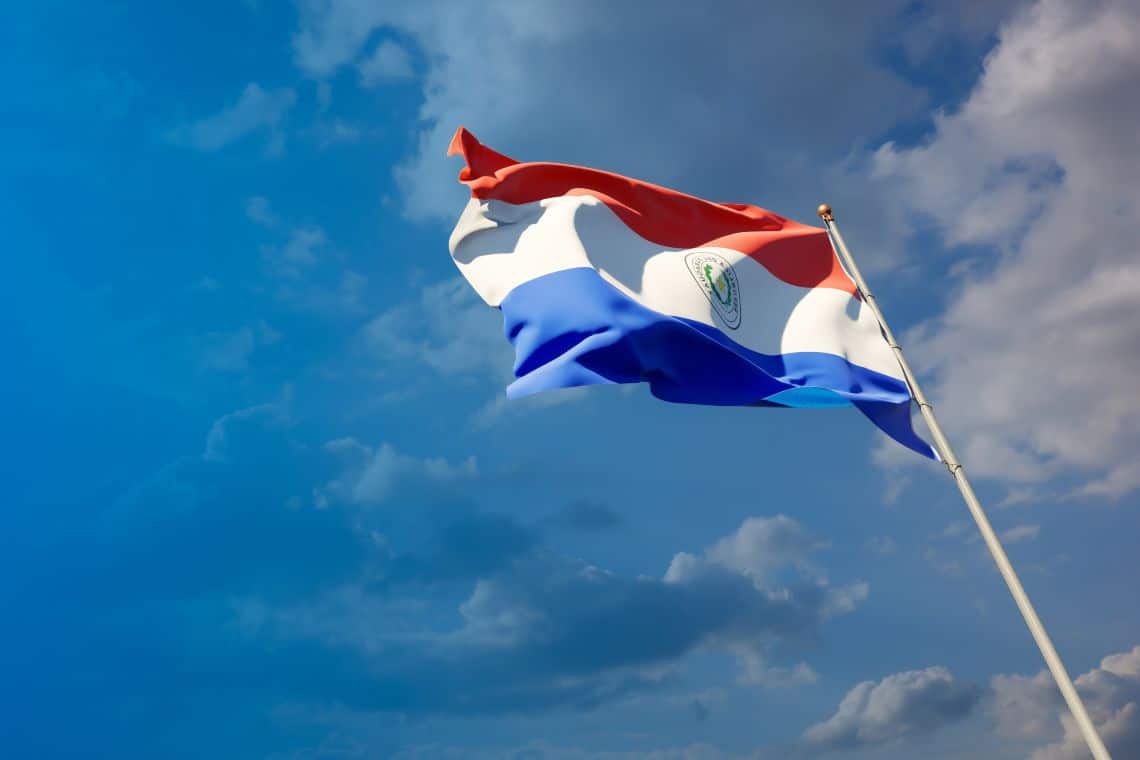In Paraguay, some deputies are working on a bill to officially recognize bitcoin as a means of payment.
The text of the bill is not yet known, but it may have something in common with the law passed recently in El Salvador that made bitcoin legal tender in the country.
The initiative in Paraguay is by MP Carlitos Rejala, who has promised that the law will be passed in July.
This is Paraguay 🇵🇾 July we legislate! #Bitcoin https://t.co/4e4wH7uDrl
— Carlitos Rejala (@carlitosrejala) June 17, 2021
Rejala himself revealed a few days ago that he was about to make an important announcement regarding PayPal and bitcoin.
He also recently visited a local mining farm and said he would like to bring miners currently operating abroad to Paraguay.
In other words, while El Salvador is working hard to attract cryptocurrency-related activities and capital, Carlitos Rejala is doing the same in Paraguay.
However, it is unclear what political influence Rejala actually has in the local government or parliament, as he is not a member of the government and is a member of a small minority party.
The Bitcoin draft law in Paraguay
However, according to Rejala, the draft of the new bill will be presented to the national parliament on 14 July, in the hope of gaining majority approval. Rejala claims to have the support of several companies in the country, but it is unclear how much this will actually help the bill’s passage.
Certainly, a country like Paraguay could reap economic benefits if it decides to become crypto-friendly, as El Salvador did recently, and given that it has a GDP per capita comparable to Namibia and Iraq these benefits could appeal to many, especially entrepreneurs.
It remains to be seen whether the political majority currently governing the country will be willing to accept a proposal put forward by an MP from a small minority party. In El Salvador, the initiative was taken by the president himself, backed by a large parliamentary majority, whereas the situation in Paraguay is quite different.
It is worth noting that these are not the only two Latin American countries that have started this process.




